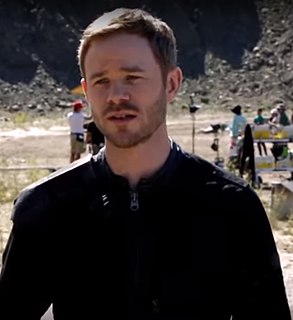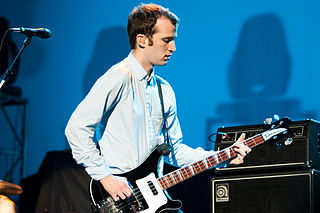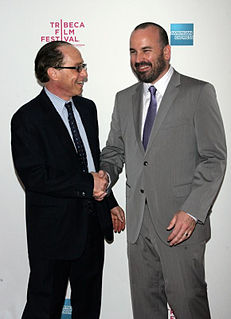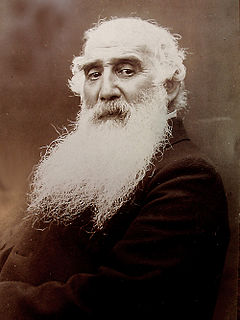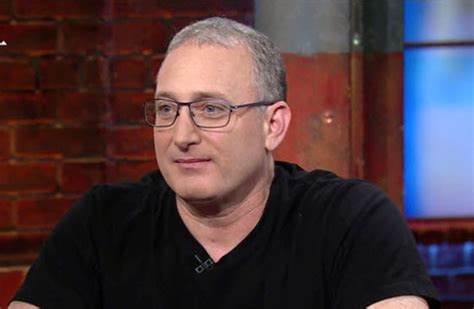A Quote by Troy Carter
When you sit down with Zynga and Google, and they talk about billions of impressions, you think, music has way more of an emotional connection than technology, but we haven't cracked the code.
Related Quotes
It's not hard for me to be honest with my fans because that's what I set out to do from the beginning - I've based my entire career off of just trying to do that for them - but I always kind of forget that my real life friends can hear my music and they can watch my interviews if they want and that's when I get kind of like- "oh..." - I don't necessarily sit down and talk to my friends about all the things that I write my music about, because it's easier for me to write music than to sit and talk to my friends about it sometimes- it's almost like writing in a diary.
I do think American culture has shifted a little bit away from the contemplative more toward the visual, more toward the emotional, and more toward the expressive. I don't think there's a lot that can be done about that. We just have to understand that it's the product of technology and of the way people live now.
I'm not the type to generalise about an entire generation. I think the most general thing I can say, is that things are way more dispersed, and way more de-centralised than they were twenty years ago. I don't really feel like people talk about my generation the way people would talk about Generation X in their early 90's when Nirvana blew up. I feel like there was an easier, more coherent narrative to find, than you can now.
I think that people talk about radical life extensions as if it is just one linear kind of journey, when actually what's going to happen is we're going to radically expand our lives billions and billions of times in every way, in every dimension and so I'm looking forward to things I can't even imagine yet.









